This article is part of ASF’s 2022 annual report.
In Morocco, ASF is committed to promoting the protection of human rights in the private sector, in order to contribute to the full achievement of the United Nations’ Sustainable Development Goal 8: Decent Work and Economic Growth.
In partnership with the Rabat Social Studies Institute (RSSI), ASF is working on the issue of corporate social and environmental responsibility (CSER). CSER aims to ensure economic development while protecting the human rights of populations affected by corporate activities. Approaching corporate responsibility from the perspective of human rights, as recognised by international law, provides a legally stable framework likely to prevent human rights violations that could be committed by economic actors.
Morocco has ratified several international conventions relating to respect for human rights and sustainable development. These include the UN Sustainable Development Goals, the UN Guiding Principles on Business and Human Rights, the guiding principles of the Organisation for Economic Co-operation and Development (OECD) and the core labour standards of the International Labour Organisation (ILO).
At national level, Morocco has adopted a series of programmes and strategies for sustainable development and energy transition. The country has drawn up codes of good practice for governance and a new development model that gives a central place to social and environmental considerations. But despite these encouraging initiatives, national and international CSER commitments have yet to be fully implemented.
As in its other countries of operation, ASF seeks to contribute, with its local partners, to promoting compliance with the social and environmental standards in force, whether their origin is the national legislative framework or international law. With this in mind, ASF is organising a series of conferences on “Business and human rights in Morocco” with the RSSI.
The events will bring together a wide range of stakeholders: institutional actors, companies, subsidiaries of multinationals, professional associations, trade unions, journalists, academics and members of civil society. All aspects of CSER will be addressed: the normative dimension, the ethical dimension, the environmental dimension, the social dimension and the participatory dimension, with a focus on the role of civil society and consumer protection.



